We are back in Europe after 10 months on the African continent. Somehow, it still feels a bit surreal to be back, but this was expected, and it will probably take some time to fully readjust to life back home.
Some things we quickly readjusted to. For instance, being able to drink from the tap without hesitation or prefiltering the water, and having easy access to our favorite and dearly missed products, such as decent bread, fresh milk, or butter.
As we scroll through the news and our social media feeds, with Africa still fresh in our minds, it becomes apparent that Africa is mainly portrayed through its problems and challenges. Having had the opportunity to delve into different African cultures & countries, we find it important to take a step back and reflect on the differences between these stereotypes and narratives and the values that underpin African societies:
Community over Individualism
Looking back, one thing that stands out is the strong sense of community in African societies. Unlike in the West, where a trend towards individualism is noticeable, there is still a strong focus on collective well-being. People rely on each other for support and guidance (as well as financially), creating strong bonds that we feel are less common in more Westernized cultures. We've asked ourselves why this is the case. One explanation might be that individualism is often promoted through more development, with factors like careers, comparison, competition, appearance, and materialistic ownership contributing to a more individualistic mindset. While economic development is very positive for a country, we should not forget some of the negative effects it might have in the long run.
Less Materialism, More Contentment
We noticed that material possessions are generally not the measure of success like in the West (except, perhaps, for some elites in certain African countries, like Mr. Mswati III from Eswatini, with his prestigious car fleet of 15 ultra-luxury Rolls-Royces and 120 BMWs, among others). People find contentment in simpler things and are less driven by consumerism. This can lead to a greater appreciation for what they have and less emphasis on always wanting more. Of course, this is also due to the fact that people are generally less exposed to advertising and consumption, with fewer products available to buy and hence, less temptation.
Flexibility and Spontaneity
Life in Africa often flows with more flexibility and spontaneity. Plans can change in an instant, and that's okay. People laugh about it, if somebody is not on time or even not showing up. There's less stress about sticking to strict schedules or routines, allowing for a more relaxed approach to life. Mental health issues, such as burnout, are less common, and most people are not even aware of them. It does not mean that things are unplanned and nothing works; it's just with a different mindset and a bit more flexibility and room for change. Of course, it can be annoying when doing business, but once you adjust your expectations and adapt to a different way of working compared to the West, you will achieve your goals just fine.
Vastness and Space
Arriving back in Switzerland, we noticed how densely populated we live and how overbuilt everything is. We got used to vast and open spaces, with wide expanses of land stretching out seemingly endlessly. Skyscrapers and apartment blocks are not seen very often. Even though the population numbers in most countries are huge, it doesn't feel overpopulated, except perhaps in some of the larger cities. There's a sense of freedom and space that is often lacking in more developed areas of the world.
Untouched Nature and Fertile Lands
Another striking aspect of Africa for us is its untouched natural beauty. Many areas remain untouched by people and development, offering stunning landscapes and rich biodiversity. In places like Uganda, fertile lands provide not only breathtaking scenery but also sustain communities with the authentic taste of fresh, locally grown food. We often felt very close to nature while touring through Africa.
In reflecting on these differences, we can definitely learn from African cultures in one way or the other. While Western values have their merits, embracing some of the values found in African societies—such as community, simplicity, and flexibility—can enrich our lives and broaden our perspectives. Let's not only focus on the problems but also open our eyes to other aspects of African life and consider how we can incorporate these values into our own lives.
Last but not least, we would like to summarize some of our highlights of our 10 month trip. Of course it is difficult to choose from our 19’323 pictures and videos taken, but the below highlights will for sure always stay in our memory. No need to add too many words, the pictures speak for themselves:
Highlight 1: The various social impact activities
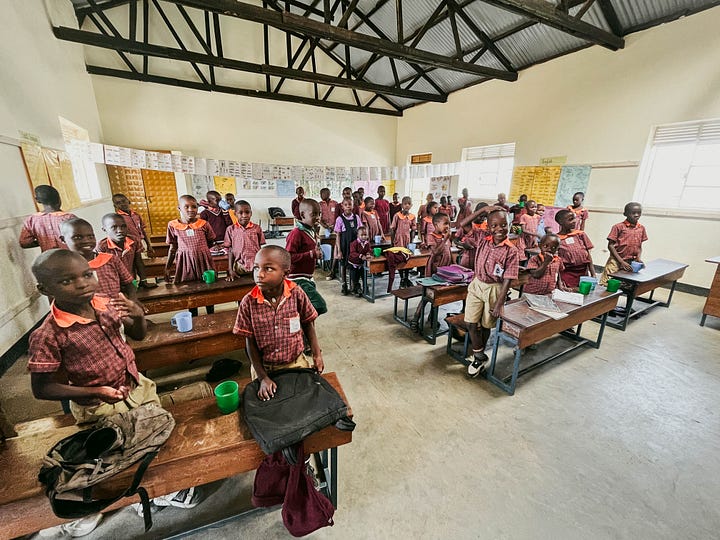

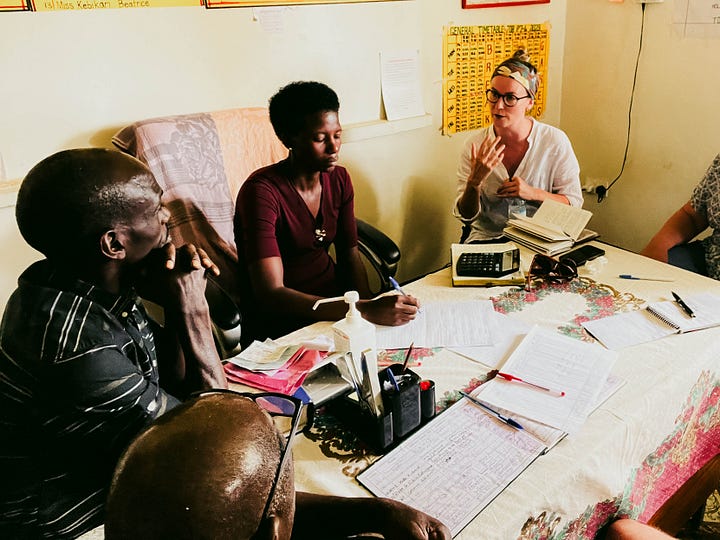
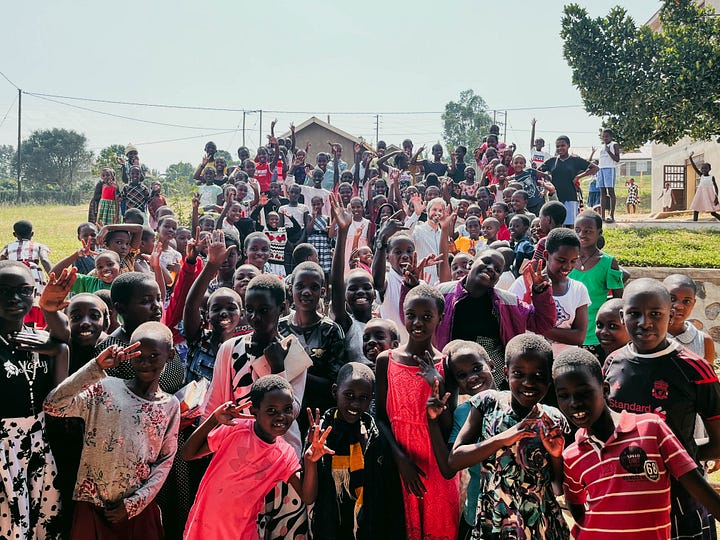

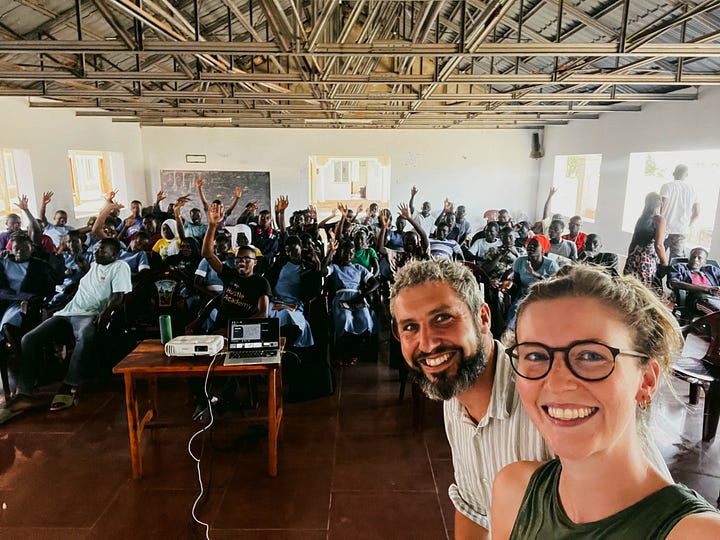

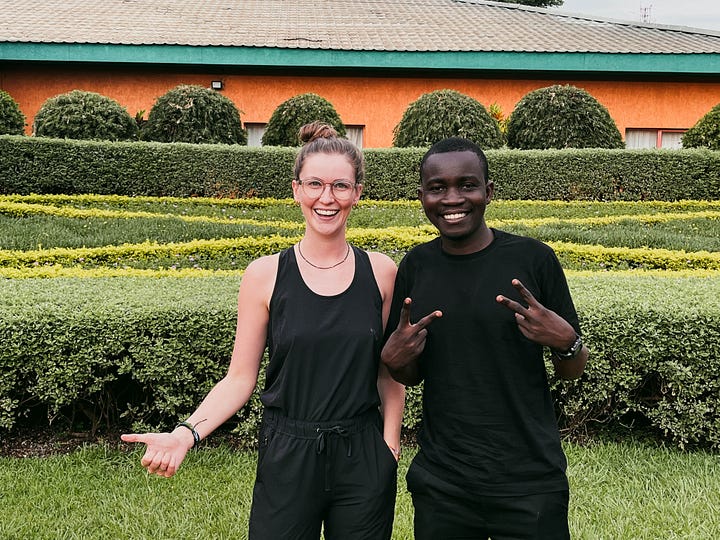
Highlight 2: The animals and a lot of Safari time
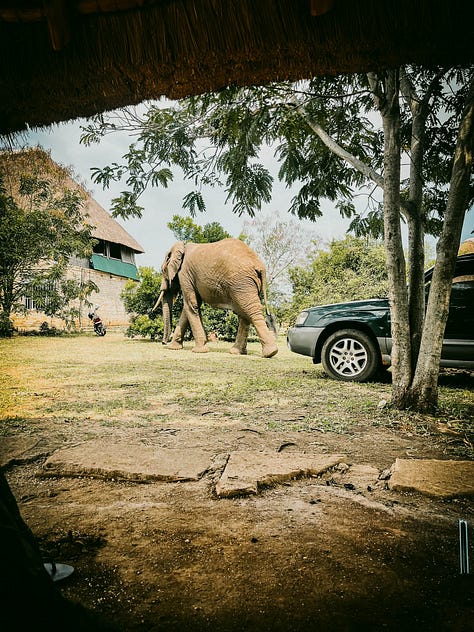
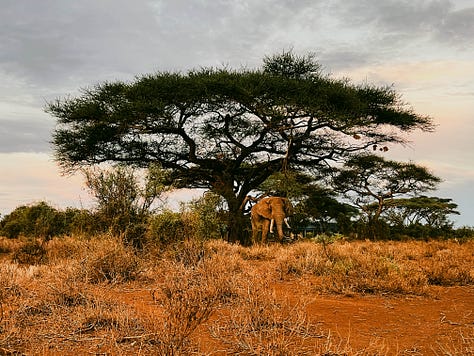
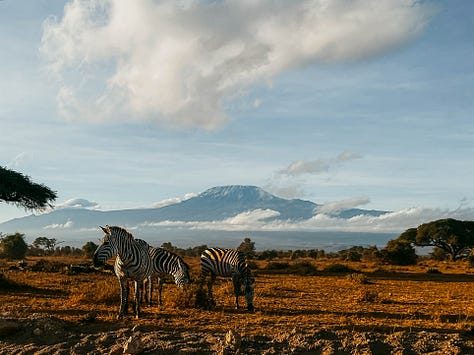




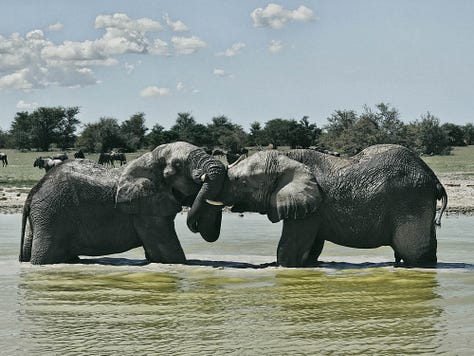
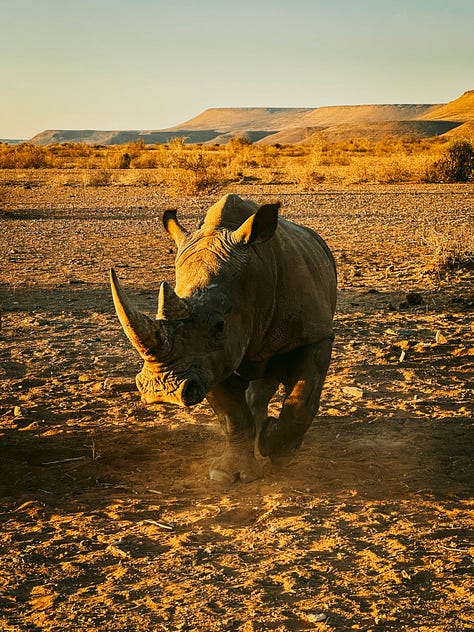
Highlight 3: Pristine beaches, sunsets and an abundance of coconuts
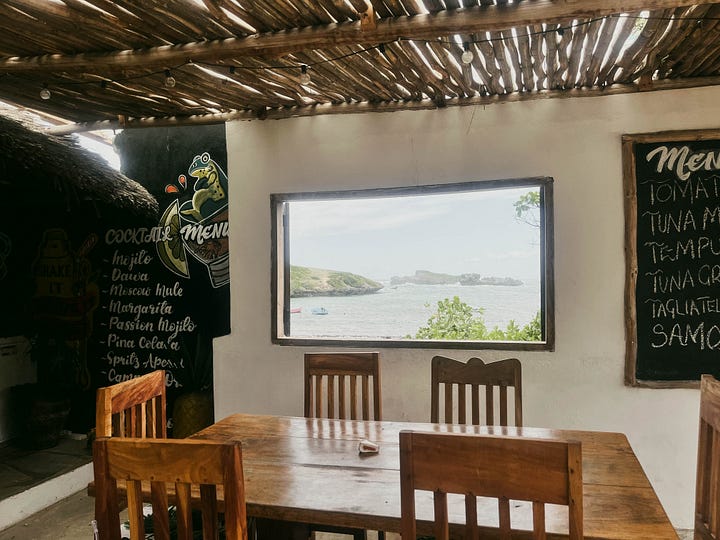
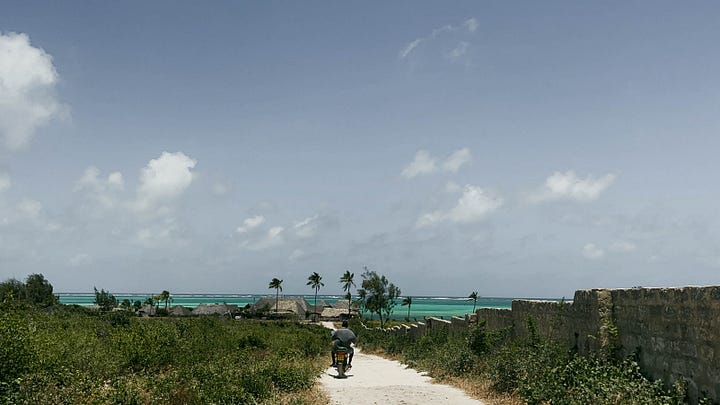




Highlight 4: Adrenaline rushes




Highlight 5: Wild landscapes & untouched nature





Highlight 6: Camping spots with a view



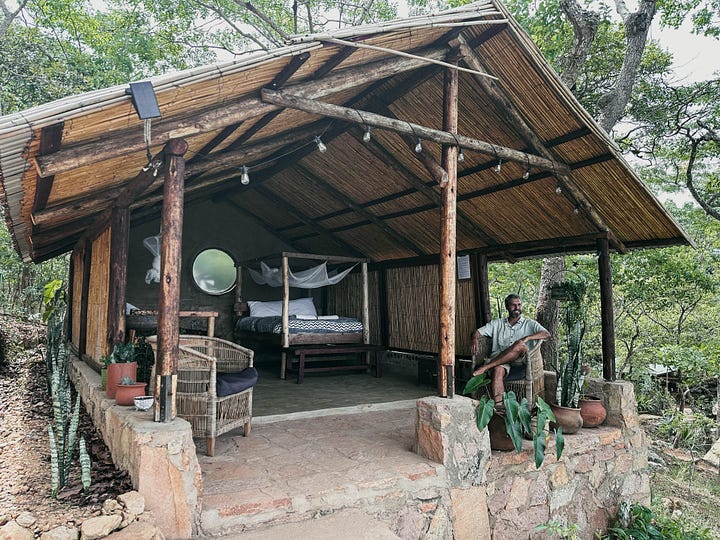
Highlight 7: The culinary experiences



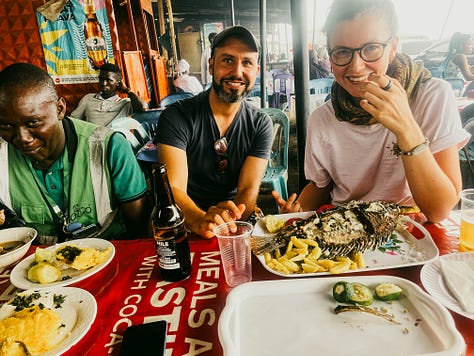


Highlight 8: Island vibes
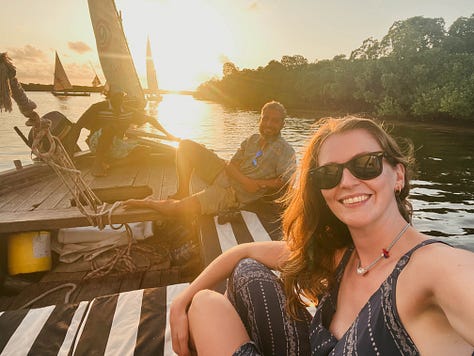
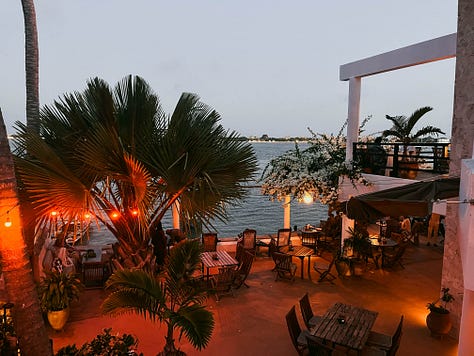
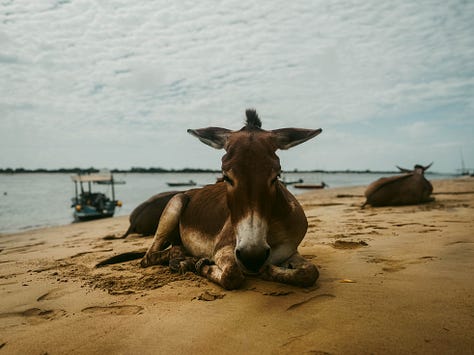


Highlight 9: Bad roads and crazy transports




Highlight 10: Interacting with the locals

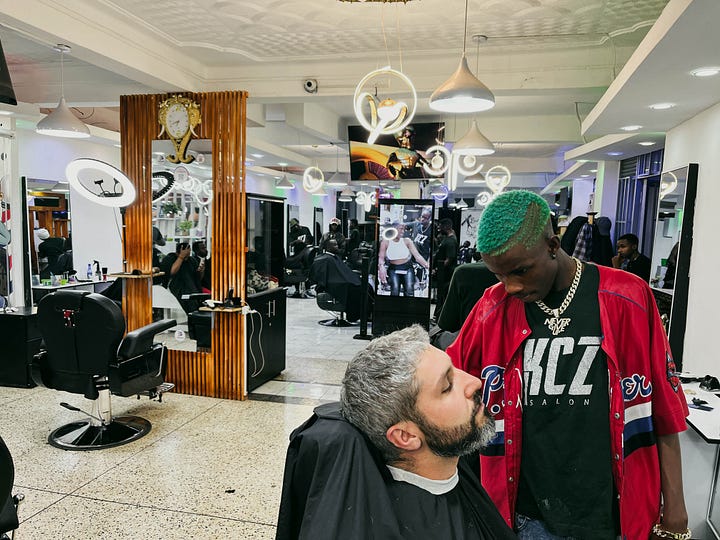
Highlight 11: Our loyal and reliable transport method for 20’747 km



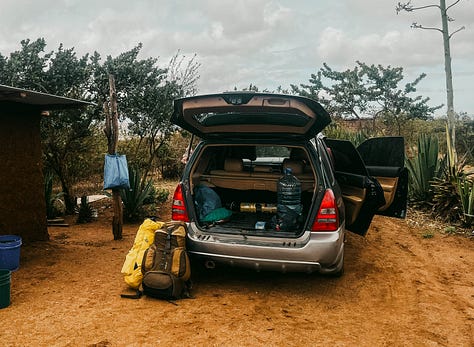

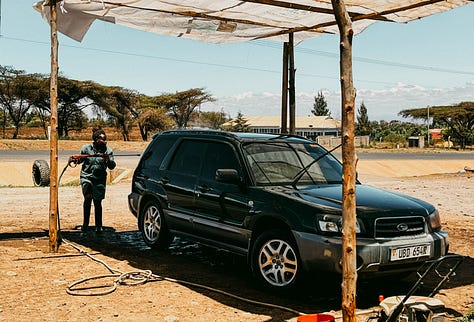
Thank you for following us along our journey and also for your blog donations. The entire amount will go towards the Ngaara Primary School Charity. Our very last blog post will be about the current status and the planned activities for the charity going forward. Thank you and stay tuned!





